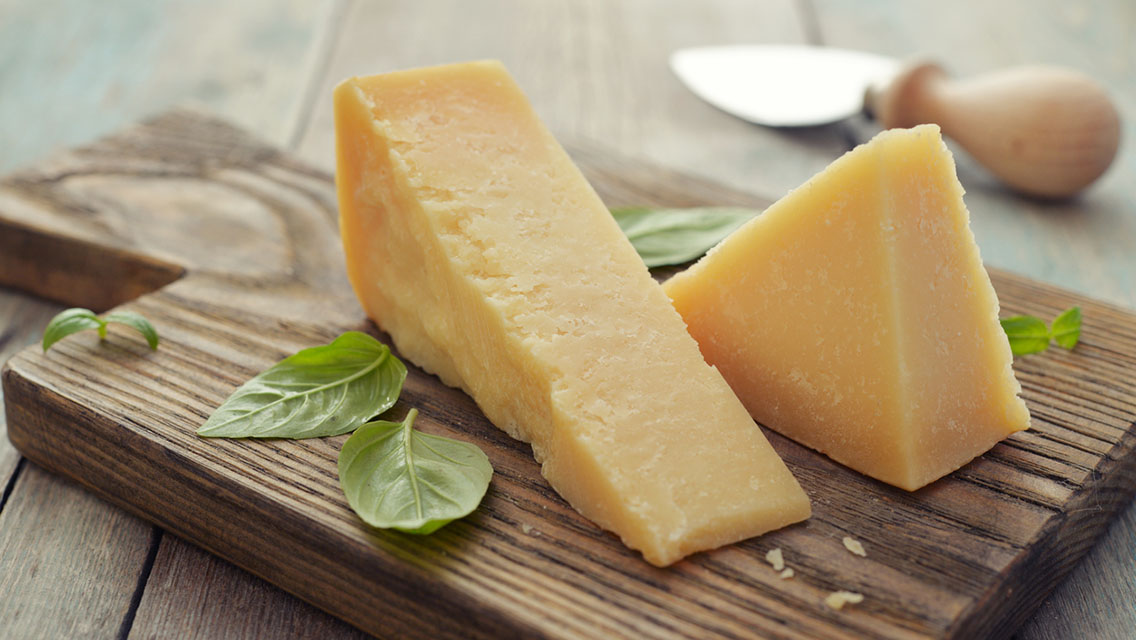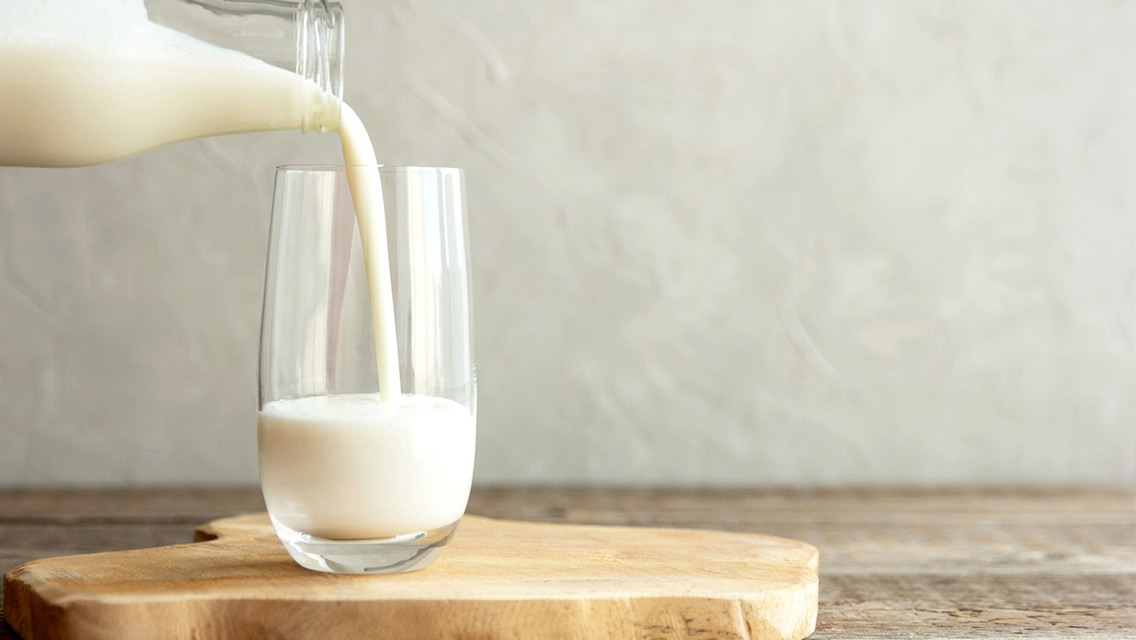1. Greek yogurt
Because it’s been fermented and strained, Greek yogurt is lower in lactose and easier for most people to digest than a glass of cow’s milk. Most Greek yogurts also contain probiotics that help increase the good bacteria in your gut. (For more on their health benefits, see “Everything You Need to Know About Probiotics”.)
2. Kefir
Similar to a thin yogurt, kefir is also fermented and rich in probiotics. Though goat- and cow’s-milk kefir are already low in lactose, you can also make a lactose-free version with coconut water or fruit juice.
3. Butter
Butter is made by removing the liquid component of cream, resulting in a final product that’s approximately 80 percent fat, with a low lactose content. Be sure to choose organic — any toxins or antibiotics will be concentrated in the animal fat — and grassfed, which contains higher levels of health-promoting omega-3s and conjugated linoleic acid (CLA). (For more on CLA, see “CLA: Can This Fatty Acid Help You Lose Weight?”.)
4. Ghee
Ghee is butter that’s been clarified to produce an animal fat that’s even lower in lactose and casein — and its smoke point is higher than butter’s, making it useful for cooking.
5. Heavy cream
Like butter, heavy cream is a high-fat product that contains almost no lactose — so if you’re dairy sensitive, you may still be able to tolerate a splash of cream in your coffee.
6. Aged cheeses
The bacteria in cheese break down some of the lactose as the cheese ages, meaning Parmesan, sharp cheddar, Manchego, and similar varieties can often be tolerated by those with dairy intolerance. (For more on the joy of cheese, see “The Joy of Cheese”.)
7. Goat’s milk
Higher in omega-3s and CLA than cow’s milk, goat’s milk contains less lactose and more prebiotics, which benefit your microbiome.
This was excerpted from “6 Reasons to Choose Full-Fat Dairy” in the June 2020 print issue of Experience Life.




This Post Has 0 Comments